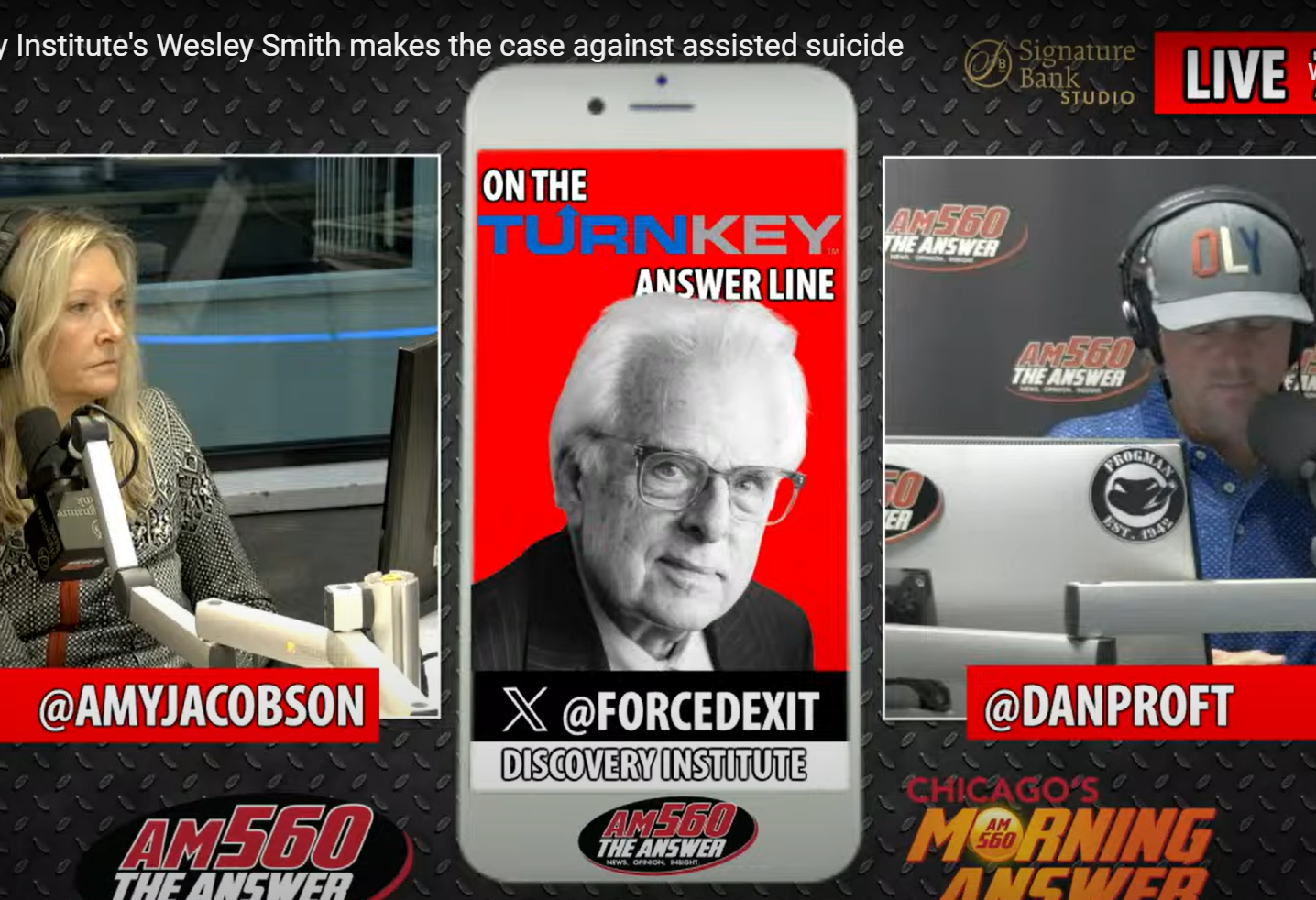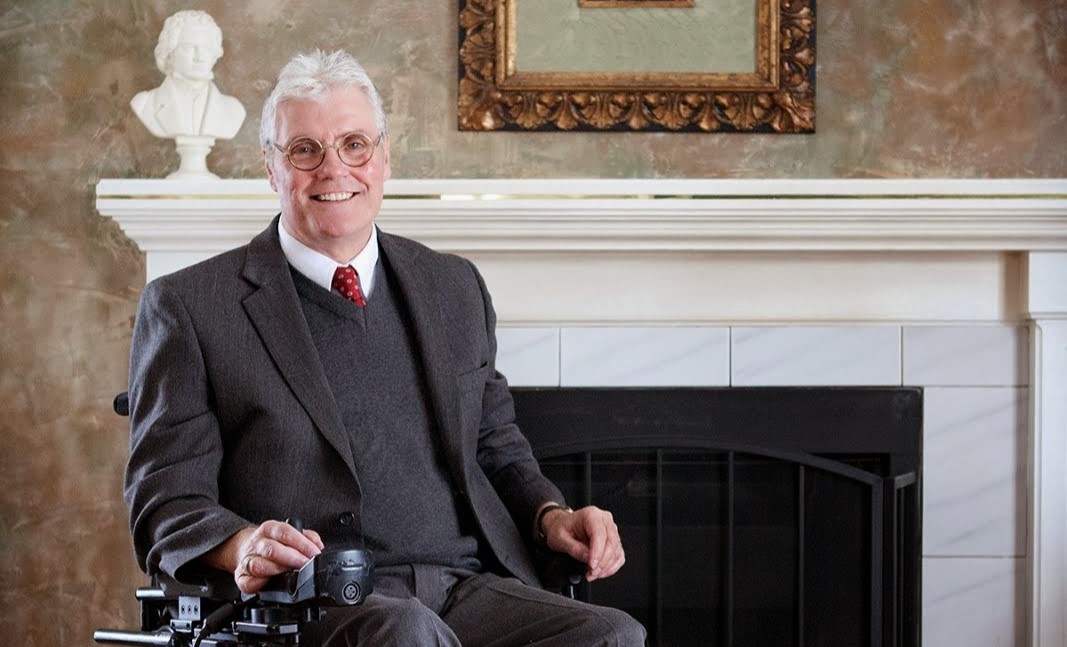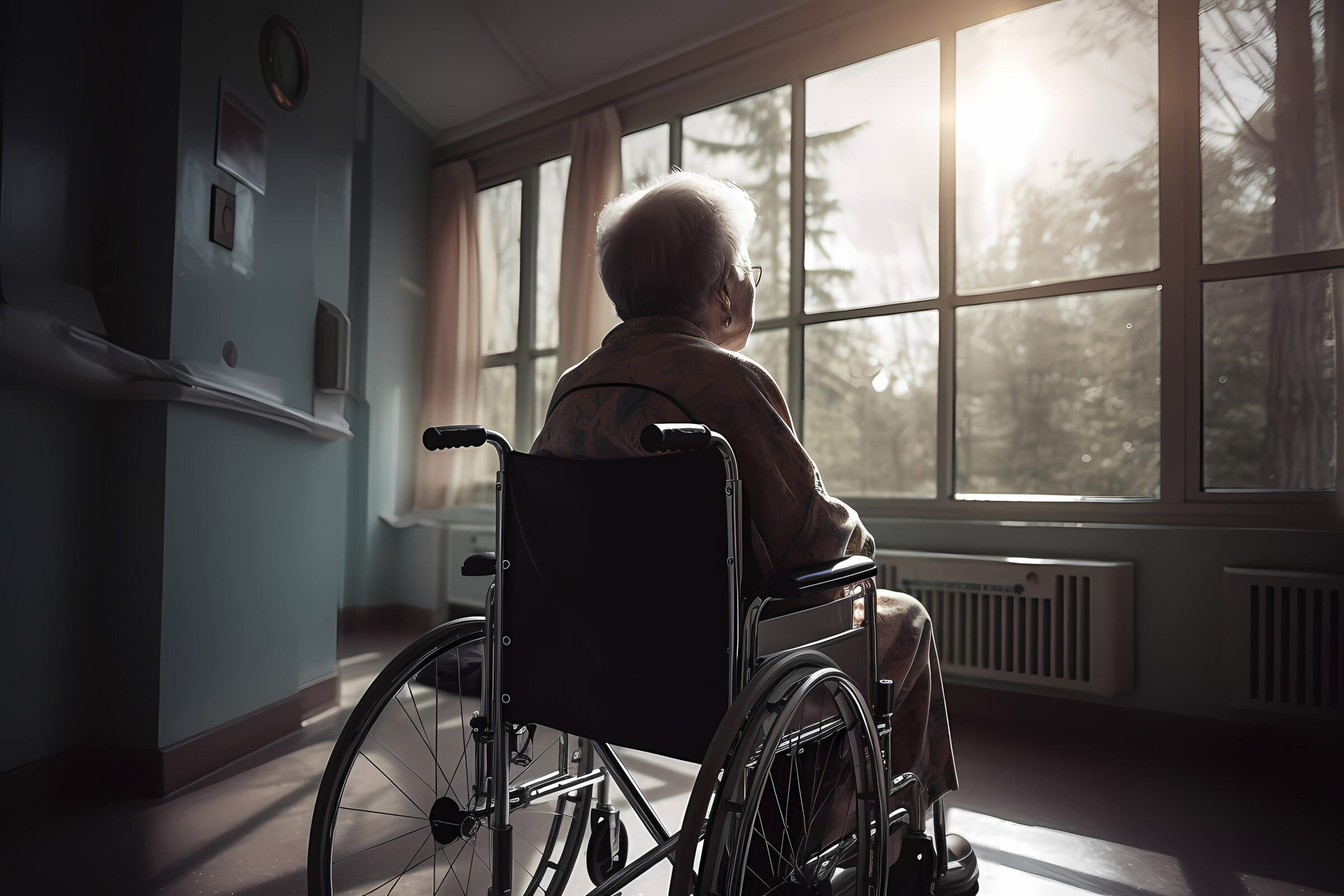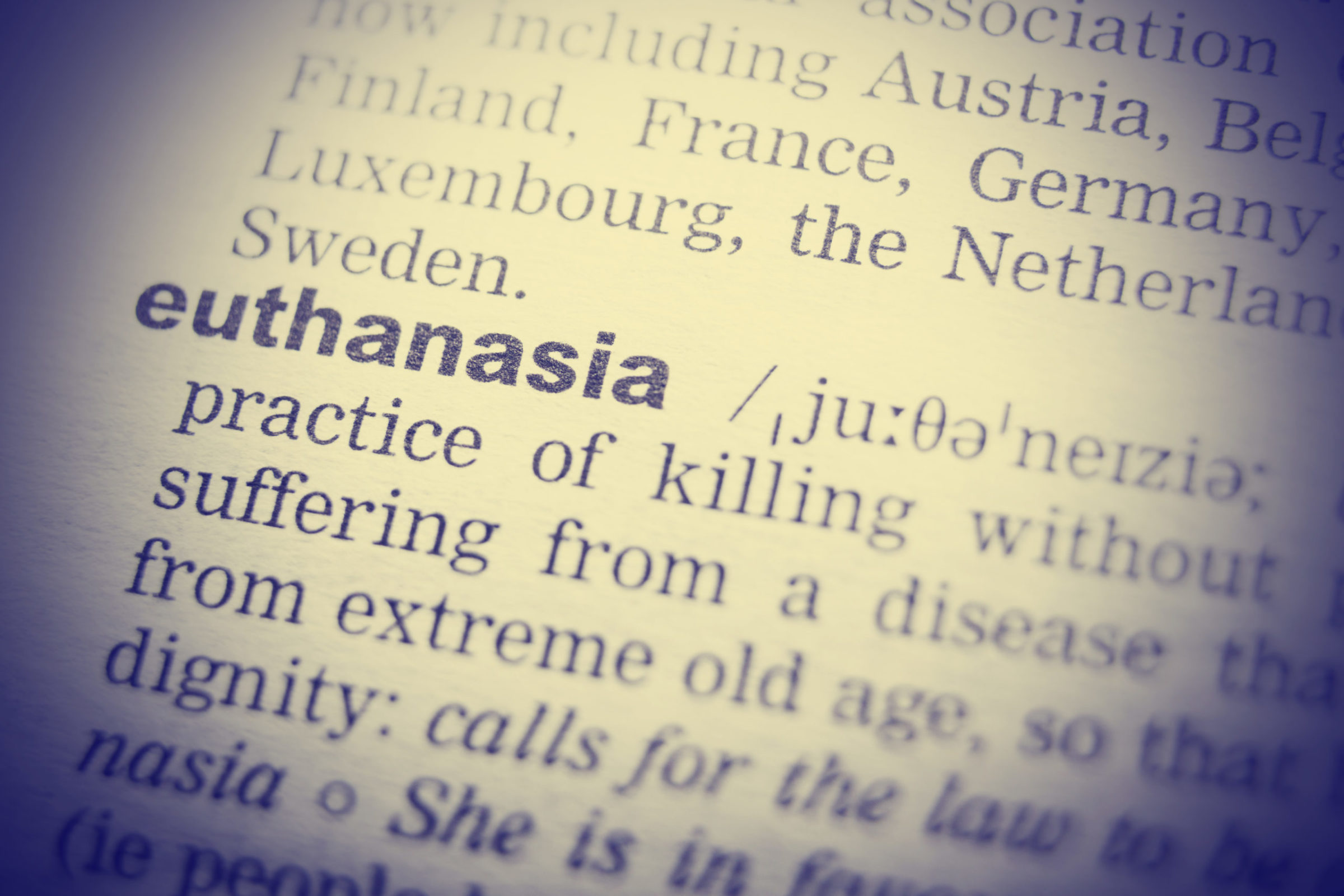


Mark Davis Pickup on Living with Intense Suffering and Experiencing a Miraculous Healing
We live in a time in which eliminating suffering is considered by many to be society’s ultimate purpose. Too often, this leads to policies that eliminate suffering by eliminating the sufferer. Still, for those not experiencing intense pain or anguish, arguing for improved care instead of increased access to assisted suicide or euthanasia can seem like a blithe platitude. “If you were really suffering,” I have heard repeatedly in my more than thirty years involved with these issues, “you would sing a different tune.” Perhaps. But many people who suffer intensely sing from the same songbook. One, is my good friend and guest for this episode of Humanize, Mark Pickup. Pickup has experienced the intense terror and anguish caused by disabling and progressive multiple sclerosis over several decades. Yet, in the midst of his intense pain, he became one of North America’s most prominent public speakers seeking to help others maneuver their way through travail and to find meaning even in the most difficult life circumstances. He is also a noted Christian apologist. Pickup has addressed politicians in Canada and the United States, churches and denominational leaders, universities, high schools and community groups, hospital medical staffs, local, state, and provincial pro-life conventions as well as keynote speaker to U.S. National Right to Life Prayer Breakfasts (2001, 2005, and 2010). Pickup is extensively published in Canadian and U.S. media and has appeared on innumerable radio and television programs warning against a cultural drift toward euthanasia acceptance. Mark has received numerous awards for his work including the Monsignor Bill Irwin Award for Ethical Excellence (Canada) and a Governor General’s Medal for community service. He writes the Human Life Matters blog that deals with issues of the sanctity of human life and other matters of cultural concern. HumanLifeMatters Mark Davis Pickup (@MarkDavisPickup) / X (twitter.com)

Normalizing Assisted Suicide Will Lead to a Duty to Die

Euthanasia Poisons People and Societies

Politico Promotes a Suicide

The Nationalization of Assisted Suicide Will Have Far-Reaching Consequences

Legalizing Euthanasia Poisons a Nation’s Soul

Medical Aid in Dying: Euphemism of Choice for Assisted Suicide

No to Killing for Organs
